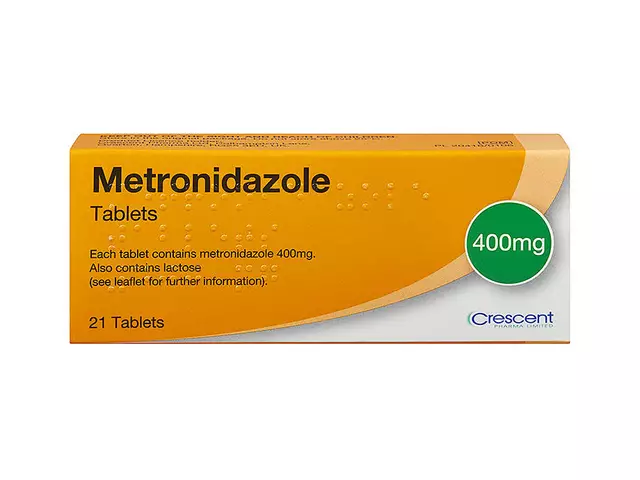Leukotriene Receptor Antagonist: What It Is and How It Helps with Asthma and Allergies
When your airways swell up after a cold or during allergy season, it’s often thanks to leukotriene receptor antagonist, a class of drugs that block inflammatory chemicals called leukotrienes that tighten airways and trigger mucus production. Also known as LTRAs, these medications don’t cure asthma or allergies—but they stop the body’s overreaction before it turns into a full-blown attack. Unlike inhalers that give quick relief, leukotriene receptor antagonists work slowly, day after day, to keep inflammation low. Think of them as the quiet backup system that prevents flare-ups before they start.
Two common drugs in this group are montelukast, a daily pill often prescribed for children and adults with persistent asthma or seasonal allergies. Also known as Singulair, it’s one of the most widely used LTRAs in the world. The other is zafirlukast, a less common alternative that works similarly but requires twice-daily dosing and has more food interaction rules. Also known as Accolate, it’s usually only used when montelukast doesn’t work or causes side effects. Both are taken orally, which makes them easier for kids or people who struggle with inhalers. They’re often paired with inhaled steroids for better control, especially in moderate to severe asthma cases.
These drugs are also used for exercise-induced asthma and chronic allergic rhinitis—when your nose is constantly stuffed up or dripping because of pollen, dust, or pet dander. They don’t work like antihistamines, which target histamine. Instead, they shut down a different part of the immune response, which is why they’re sometimes added when antihistamines alone aren’t enough. People with both asthma and allergies often see the biggest benefit because LTRAs tackle both problems at once.
What you won’t find in this collection are articles about quick-relief inhalers or epinephrine shots. Instead, you’ll see real-world guides on how these drugs interact with other meds, what side effects to watch for, and how they stack up against other long-term control options. Some posts cover drug costs in Mexico, where many people buy montelukast cheaper than in the U.S. or Canada. Others explain why some patients stop taking them—whether it’s mood changes, stomach upset, or just not feeling the difference. You’ll also find comparisons with other asthma controllers, like inhaled corticosteroids and biologics, so you know when an LTRA makes sense and when it doesn’t.
If you or someone you know takes a leukotriene receptor antagonist, you’re not alone. Millions use these pills every day. But many don’t know how they actually work—or why their doctor picked this one over others. Below, you’ll find clear, no-fluff advice from people who’ve been there: how to tell if it’s working, when to call your doctor, and how to save money without risking safety.






